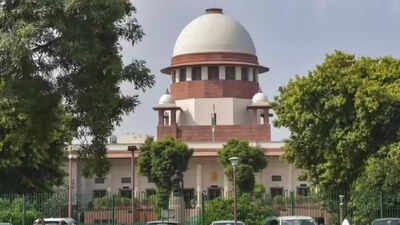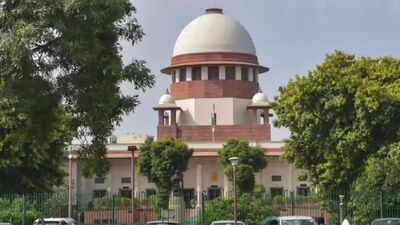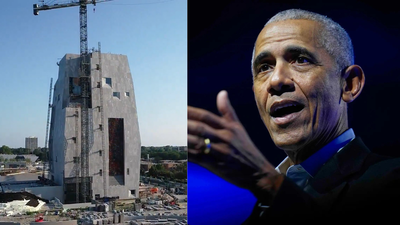
NEW DELHI: Framing a unique standard operating procedure, Supreme Court has directed that if a poor person, arrested for an offence and lodged in jail pending trial, is unable to furnish monetary surety for bail, government concerned through district legal services authority will provide it to ensure release, reports Dhananjay Mahapatra. The new SOP was framed by SC after incorporating suggestions from amicus curiae.The new SOP was framed by a bench of Justices M M Sundresh and S C Sharma after incorporating suggestions from amicus curiae and senior advocate Sidharth Luthra and additional solicitor general Aishwarya Bhati.The case was taken up suo motu by SC after learning that thousands of undertrials are languishing in jail despite being granted bail just because of their inability to fill bail bonds with or without sureties. The bench said district legal services authority (DLSA) can fill a surety amount up to Rs 1 lakh and if the trial court has fixed it higher than Rs 1 lakh, then it would file an application to get it reduced. In the new guidelines, the bench said if an undertrial prisoner is not released from jail within seven days of grant of bail, then the jail authorities would intimate to DLSA secretary, who will immediately depute a person to verify whether the undertrial has funds in his prisoner’s savings account.If the accused did not have money, then “district level empowered committee will direct release of funds for surety on DLSA’s recommendation within a period of five days from the date of receipt of the report”.“For cases where empowered committee recommends that undertrial prisoner be extended the benefit of financial support under ‘Support to Poor Prisoners Scheme’, then requisite amount of upto Rs 50,000 per case for one prisoner, can be directed to be drawn and made available to court concerned by way of fixed deposit or any other prescribed method, which district committee feels appropriate within five days of its decision pending integration in inter-operable criminal justice system,” SC said.






